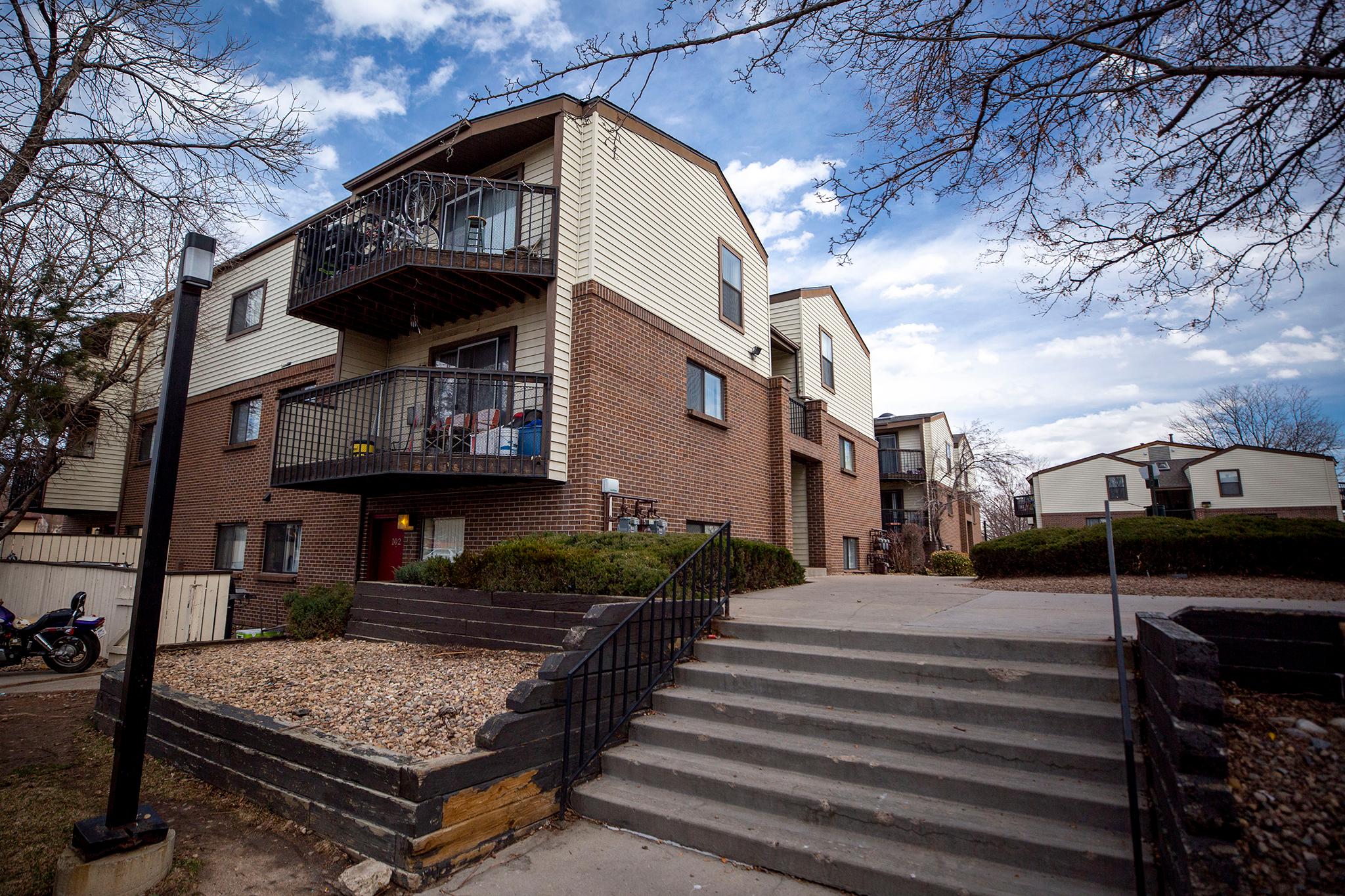The metro Denver housing market has cooled off and balanced out, according to the Denver Metro Association of Realtors' latest Market Trends Report.
The median close price -- that's the middle number between all final sales prices -- dropped 2.45% to $595,000 from the end of June to the end of July. Prices are still 11.04% higher than they were at this time last year.
The heartening number to look at for buyers -- and an unnerving one for people who were waiting to sell their houses and are now realizing that's not as easy as hammering a sign into the yard -- is the number of homes on the market. That jumped again in July by 21.53% to 7,361.
Buyers, who were having to put in offers sight unseen in recent years, now have a bit more time to think about their decisions, as properties are sitting on the market for an average of 13 days -- 30% longer than in June. Zoom out and you'll see the Denver area has around 2,000 fewer properties for sale than there were three years ago.
The real-estate trade group argues that metro Denver is still a seller's market but that it's shifting toward a buyer's market.
Sellers are once again offering perks to buyers and in some cases lowering prices as properties await buyers. Showings are less competitive, and buyers are bidding under the asking price.
"The question that frequently gets asked is, 'Are we in a bubble?' Prices are high, interest rates feel high (even though compared to historic norms are not), the economy has taken a dip and buyer sentiment is down," said Andrew Abrams, chair of DMAR's Market Trends Committee. "Even with all those uncertainties looming over potential buyers, a housing bubble should not be one of them. Housing prices are based on supply and demand. Our supply is relatively low."
Denver home vacancy rates are among the lowest among big cities in the country at .7%, compared to the national vacancy rate of 1.4%, according to the real-estate data analysis company Anytime Estimate. The same holds true for rentals, which have a 4.5% vacancy rate, lower than the national rate of 5.8%.
People have jumped into the real estate business, with 2,469 new agents entering the field in Colorado, the largest spike in over ten years.
Many homeowners are settling in place and don't want to move.
Half of all homeowners are planning renovations -- and it may be that many of these people aren't fixing and flipping. Happily, for them, lumber prices have dropped from their spring peak.
The majority of millennials prefer homeownership to renting, and it's unlikely most people who own a home would decide to move for the sake of moving.
"People who currently own are not incentivized to move as their interest rate is more likely lower in their current house than it would be in a future one," Abrams said. "Any form of change naturally causes hesitation as buyers and sellers alike attempt to realign reality and expectations. This will continue throughout the year, which will impact our housing market."














